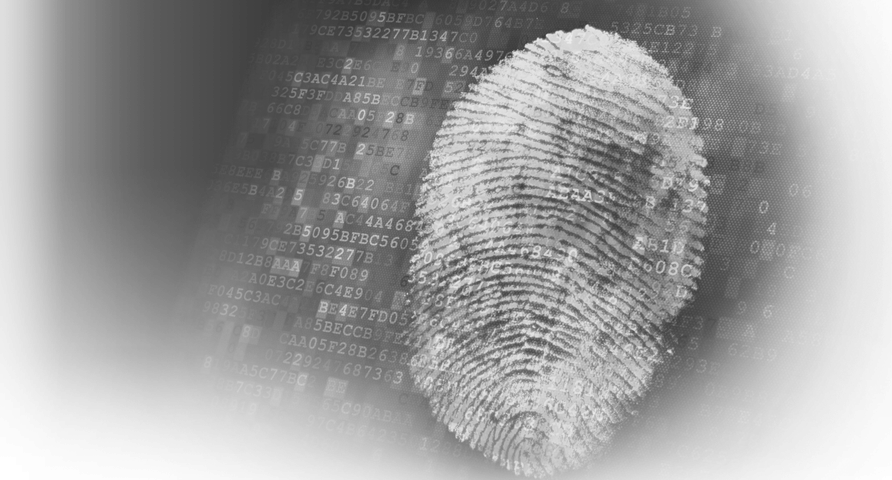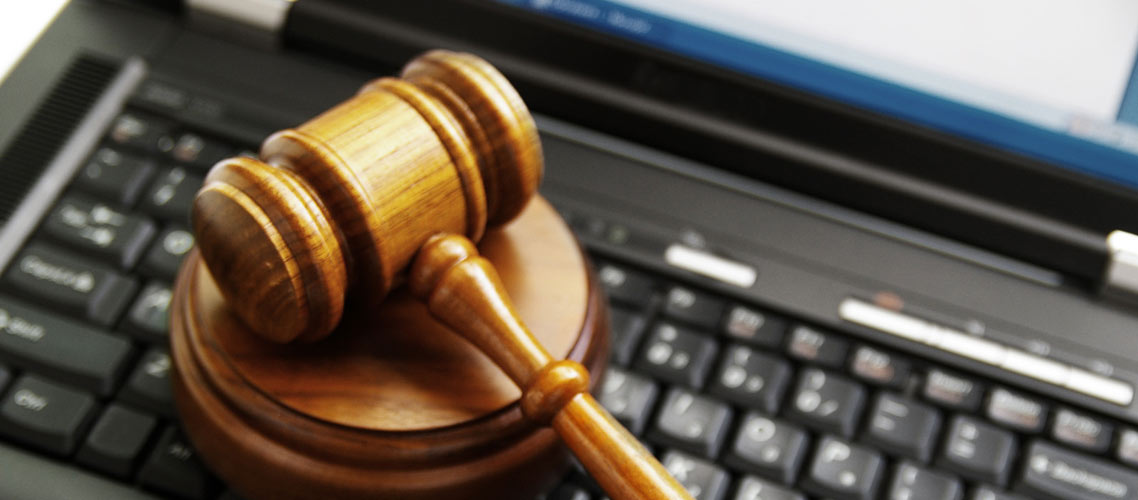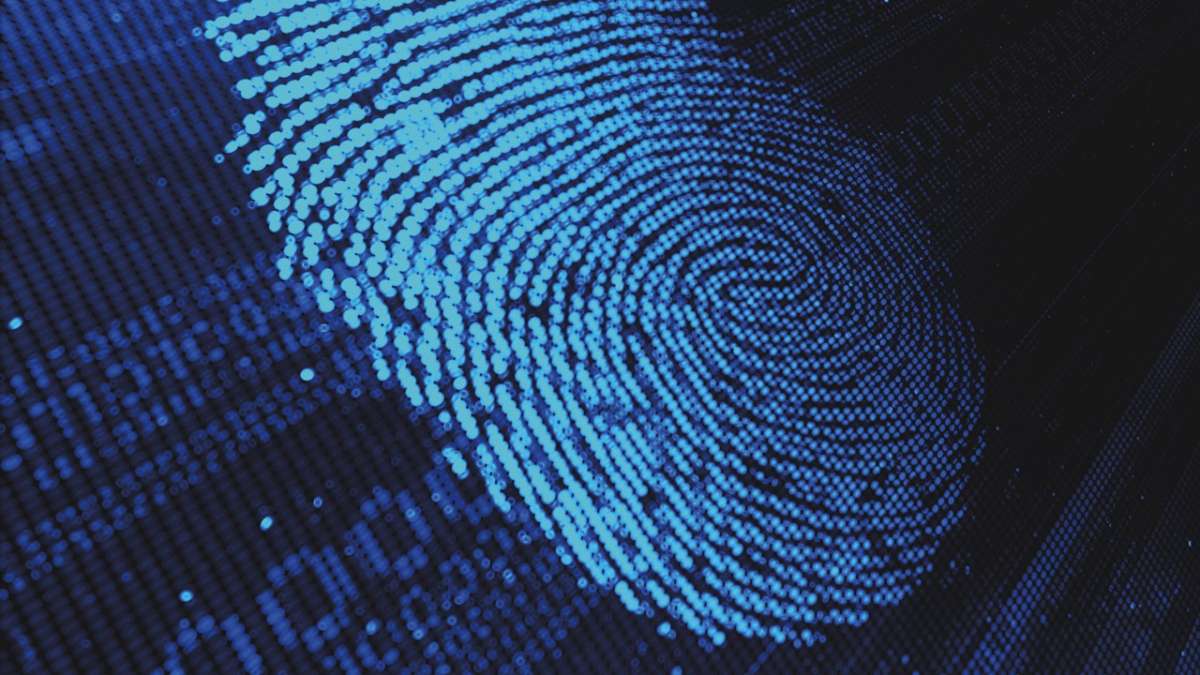
Why Government Mandated Backdoors put us all at Risk
Jun 23, 2017
In a previous blog “CITIZENS NOT SUSPECTS” I emphasised the security vulnerabilities surrounding metadata, and how the government wanted major telecommunication companies, such as Telstra to keep all their metadata so law enforcement could access it on demand. I also mentioned how I felt it couldn’t get any worse; however, I was wrong.

Citizens not suspects
May 21, 2017
Many Australians may have little to no knowledge on what metadata is or how it actually affects them. So you’re probably wondering what is metadata? Well, the simplest way to describe metadata is everything you do on a phone or online creates data that is basically a footprint, this data doesn’t show things such as what your text message to your mother or father said nor does it record what you said on the last phone call you had, but instead shows what time you sent the message, the location...

Smartphone Encryption: The Information You Need to Know
Mar 03, 2017
Law-enforcement demand that Apple, Google and app makers decrypt their devices and services, or else provide “back doors” by which they can read data and messages. Technology companies respond that because encrypted data is fundamental to privacy, helping law enforcement would be betraying their clients. Also politicians who have no concept of the issue nevertheless have a lot to say about it.

The need for digital security is increasing
Feb 09, 2017
Recent hacks on US law firms reinforces the need for increased Cyber Security In the wake of a yet another cyber attack on a number of US law firms, the legal industry must respond to protect their practices & their clients confidential information. In 2016, there were a number of major law firm hacks – including the leak of top-secret documents from Panamanian law firm Mossack Fonseca and the M&A hack attack by a Russian cyber criminal who targeted 48 elite law firms including Hogan ...

What Australia’s Metadata Laws Mean For You
Jan 20, 2017
Government surveillance is nothing new. In the 16th century, the Elizabethan court kept track of those who wanted to overthrow the Queen with a government agency of spies and code-breakers busily intercepting their correspondence. One Elizabethan method of encryption was done by placing a sheet of paper punched with holes over the top of a letter so that just the letters making up the secret message could be read. The sender and receiver both had to use the same punch-hole ‘key’.

Why BYOD can be dangerous for your business
Jan 07, 2017
Bring your own device (BYOD) is a trend that is gaining traction in many workplaces. It refers to businesses where employees are not given a smartphone or tablet by the company, but instead use their own personal devices for work as well as their private lives.

How to protect your privacy on mobile devices
Nov 22, 2016
We are all familiar with identity theft – but it used to be as simple as someone stealing your wallet and using your credit card. Now, with digital technology extending into every avenue of our lives, hackers can do much more. Most of us carry around our smartphones without giving too much thought to the risks. But if hackers target your phone, that embarrassing photo could easily find its way online, your bank accounts can be vulnerable to theft, and even your location can be revealed.

Smartphone encryption: What is it, and why is it important?
Nov 02, 2016
Smartphone encryption is essentially about protecting your personal information and communications from prying eyes. Encryption means that whenever you transmit information or store it on your phone, it is scrambled with a mathematical key, and can only be unscrambled by someone at the other end who holds a corresponding key.